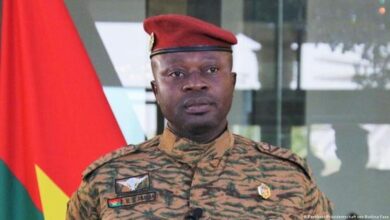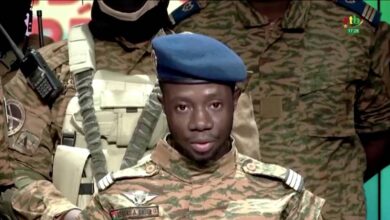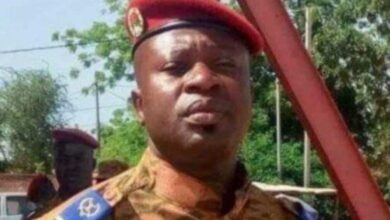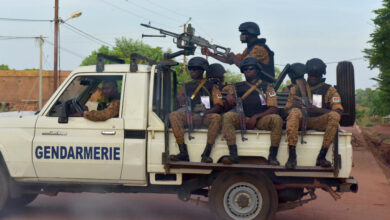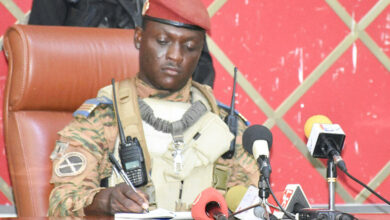Burkina Faso
Burkina Faso’s Military Leader Damiba Gets Sworn In As Country’s New President
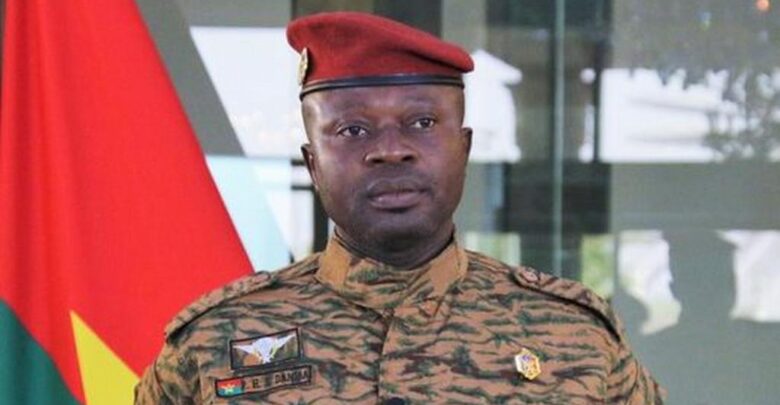
Burkina Faso’s military leader Lieutenant-Colonel Paul-Henri Sandaogo Damiba was sworn in as the country’s new president on Wednesday, just over three weeks after he led a coup that overthrew democratically elected Roch Marc Christian Kabore, reported Africa News.
On January 24, the 41-year-old Damiba led mutinous soldiers to force out Kabore following public anger over his handling of a bloody jihadist insurgency. The military suspended the constitution immediately on taking power, but the suspension was later reversed amid pressure from neighboring countries in West Africa demanding a return to civilian rule.
Last week, the Constitutional Council formally announced that Damiba was president, head of state, and supreme commander of the armed forces. The military also confirmed that Damiba would be appointed to those roles for a transitional period, and be assisted by two vice presidents.
The inauguration ceremony was held at the constitutional court in the capital, Ouagadougou.
In a televised ceremony, Damiba took an oath to preserve, respect, uphold and defend Burkina Faso’s constitution, the country’s laws, and a “fundamental act” of key decisions approved by the military.
“I swear in front of the people of Burkina Faso and on my honor, to preserve and respect, to uphold and defend the constitution, fundamental acts, and the law, to do everything to guarantee justice for all the inhabitants of Burkina Faso,” the military leader said addressing the nation after taking the oath. “Our country has always been strong during storms. That’s why these tough times must be for us an opportunity to get to better horizons.”
Burkina Faso’s military rulers have promised to re-establish constitutional order within a reasonable time but the issue of a date for elections remains unsettled.
Damiba constituted a 15-person technical committee earlier this month that has been charged with proposing a timeline for a transitional government that will lead the country to elections. The committee is expected to announce its proposal on how the country should return to democracy in a few weeks.


